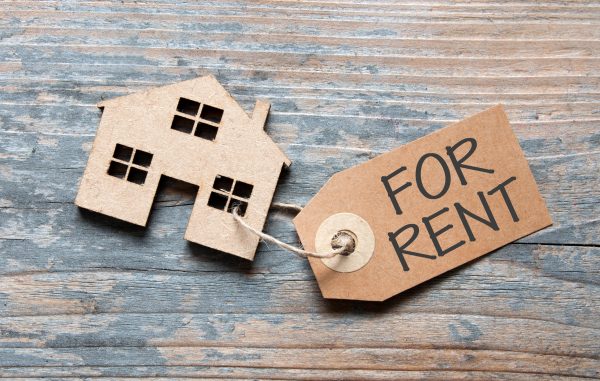Access to single-family rental homes in higher-quality school zones drives educational gains

When families with low and moderate incomes can rent single-family homes in communities zoned for higher quality schools, their children see improved achievements in school, according to new research by UNC Charlotte Belk College of Business Assistant Professor of Economics Kelly Vosters and colleague Thomas Mayock.
“Historically, to live in a neighborhood or area zoned for a really good school, if you wanted to have a single-family home, you had to have the means to purchase one,” said Vosters, a Gambrell faculty fellow at UNC Charlotte. “It was hard to find a single-family home for rent in a high-quality school zone.”
During the Great Recession, which started in 2007, access to rental homes in school zones with higher performing schools grew, as companies and individuals bought properties in foreclosure and converted them into rental homes. The number of single-family homes for rent in North Carolina grew by about 30% from 2007 through 2016, mirroring a national trend. Even as the recession pressure eased, the number of homes available as rentals continued to rise.
Policymakers, homeowners and others have raised concerns about the trend, but Vosters and Mayock, Virginia Tech’s Michael G. Miller Professor of Real Estate, wondered if there might be a silver lining in the structural change in housing. They drew upon their combined research expertise in education, intergenerational mobility and housing to explore the potential impact on children in lower-income families of this seismic shift.
“We show that not only are low-income parents taking advantage of these newly available rental units, but also that their children are experiencing substantial achievement gains from attending higher-performing schools,” the researchers say in their May 2024 paper, Educational Achievement Gains Afforded by Moving to Single-Family Rentals. Another paper, Single-Family Rentals as a Pathway for Access to High-Performing Public Schools, also considers the issue, specifically from the perspective of access to high-quality public schools.

“This is potentially taking a step towards equalizing opportunities across socioeconomic status or income of parents.”
Dr. Kelly Vosters
Unique database connects education records, housing
Using a unique database of statewide student-level education records linked to housing units, the researchers found that a one standard deviation increase in school quality led to over a 0.5 standard deviation increase in achievement.
“Further, we find that the gains are not limited to certain groups of students, as Black students and previously low-achieving students also benefit,” they say in the educational achievement gains paper. “Finally, there appear to be no meaningful negative net effects on non-moving students.” In other words, schools seem able to absorb incoming students from rental housing without hurting other students’ achievements.
“To my knowledge, we’re among the first to look at how this change in the single-family rental housing stock — this structural change in the housing market — is affecting opportunities and outcomes for children,” Vosters said. “I think an important nuance to keep in mind is that we’re talking about all units that are single-family structures offered for rent, not just those that are corporate-owned.”
The team used data from across North Carolina for their initial work, and expanded their work to study metropolitan areas in other states. For their achievement metric, they looked at math test scores.
Studies broaden knowledge on housing, education links
Vosters hopes that the research can contribute to the understanding of how a variety of ways to access single-family housing can benefit families, and society in general. “This is potentially taking a step towards equalizing opportunities across socioeconomic status or income of parents,” she said.
Their work contends that moves to single-family homes zoned for high-performing schools are also associated with increased exposure to high-income peers, which is the strongest correlate of upward economic mobility found to date, according to noted economist Raj Chetty and others.
“It thus appears that not only does moving to a better school provide important benefits in terms of human capital formation during childhood, but such moves also have the potential to create substantial gains in economic outcomes when the children become adults,” the researchers state in one of their papers.
The educational achievement gains study acknowledged potential issues of investor purchases of single-family units. This includes possible lowered minority homeownership rates and the possible destabilizing impact of student turnover. The possible issues should be balanced against the benefit of expanding access to high-performing public schools to the children of renters in the United States, the researchers said.
Vosters noted that a home for rent in a top-quality school zone may be priced out of the reach of the lowest income families. “We’re talking about low- and moderate-income households in our research, which is still an important subset,” she said. “This doesn’t solve all of the problems, but anything that can break down this link between income and access to opportunities is an advancement.”